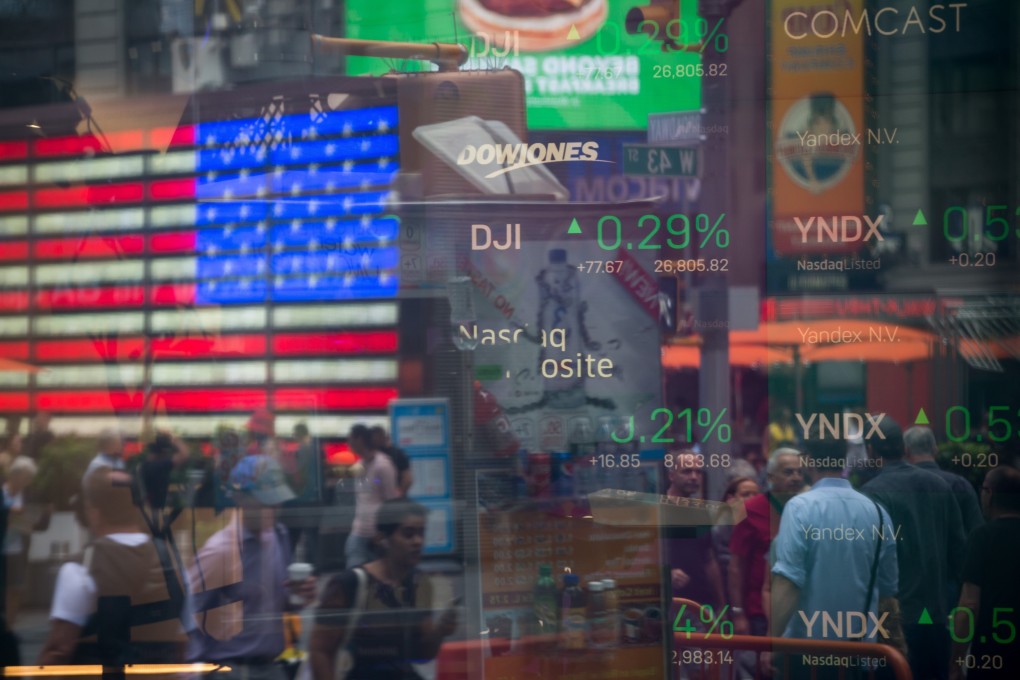Macroscope | From the trade war to Brexit and the Hong Kong turmoil, simmering political issues remain a threat to global growth
- Recent positive developments in some of the major issues weighing on markets, including the US-China trade war and Hong Kong’s protests, offer a welcome respite. But economic fundamentals remain weak and policymakers’ toolboxes are limited

Global markets are caught in the crossfire between slowing global growth and increasing policy stimulus.
Slowing trade has dragged down industrial activity, and with it gross domestic product and profits growth in the global economy. Global economic growth indicators have been falling since mid-2018, with many showing outright contraction in the manufacturing sector. And, in stock markets, expectations for global profit growth this year have dropped to less than 2 per cent from just under 10 per cent a year ago.
However, those who are cautious and might have expected this to drive markets lower have been somewhat disappointed. While equity markets in Asia have suffered, falling by nearly 10 per cent from their April peak, global equity indices are essentially flat over that time frame, and they remain close to record highs.
Most recently, we have seen a string of positive news on most of the political issues troubling the market. This has boosted hopes for the growth outlook as well as markets – but we should view this with a healthy dose of caution. Admittedly, in most of these cases, the probability of a really bad outcome has been reduced, but in none of them has the underlying problem really been resolved.
